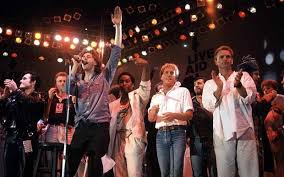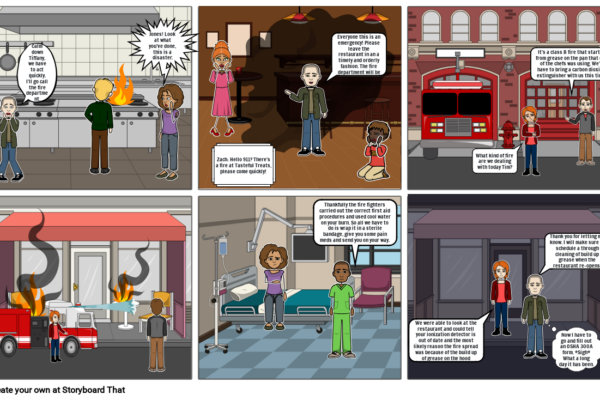
Introduction
Live Aid, held on July 13, 1985, is widely recognised as one of the most significant charity events in music history. Organised by Bob Geldof and Midge Ure, the concert aimed to raise funds for the ongoing famine crisis in Ethiopia. It featured performances by some of the world’s most iconic artists, including Queen, U2, and David Bowie, drawing global attention to the plight of millions suffering from starvation. With its unprecedented scale and impact, Live Aid transformed how charity concerts are organised and received support.
The Events of Live Aid
Live Aid took place simultaneously at Wembley Stadium in London and John F. Kennedy Stadium in Philadelphia, attracting a staggering audience of over 150,000 attendees and reaching an estimated global television audience of 1.5 billion across 100 countries. The event successfully raised more than £150 million (approximately £400 million today) for famine relief, which continued to support several humanitarian efforts across Africa.
The line-up was a remarkable showcase of talent, featuring performances that have since become legendary. Queen’s set at Wembley, particularly their rendition of “Radio Ga Ga,” is often cited as one of the greatest live performances ever, demonstrating the power of music to unify and inspire action.
The Legacy of Live Aid
The impact of Live Aid extended far beyond the stage. It spurred a movement among musicians and the public to engage in philanthropy. Following the event, a series of similar concerts and initiatives emerged, highlighting causes ranging from HIV/AIDS awareness to disaster relief efforts. Notably, the success of Live Aid led to the establishment of further charity-driven concerts like Live 8 in 2005, which focused on global poverty and the G8 Summit.
Conclusion
Live Aid remains a touchstone in the realm of charity and entertainment, illustrating the potential of music as a catalyst for social change. As global challenges persist, the principles of Live Aid continue to resonate, reminding us that collective action and compassion can make a significant difference in the world. The concert not only set a precedent for future philanthropic efforts but also ignited a sense of responsibility among artists that endures today, proving that music truly has the power to change lives.
You may also like

The Importance of Nations in Modern Society

Understanding National Events and Their Significance

The Significance of the West in Today’s World
SEARCH
LAST NEWS
- Remembering Wendy Richard: The Promise to Co-Star Natalie Cassidy
- How Did Anglian Water Achieve an ‘Essentials’ Rating for Mental Health Accessibility?
- Shai Hope Leads West Indies in T20 World Cup Clash Against South Africa
- What We Know About Weston McKennie: Future at Juventus and Past at Leeds
- What We Know About the Upcoming Live Nation Antitrust Trial